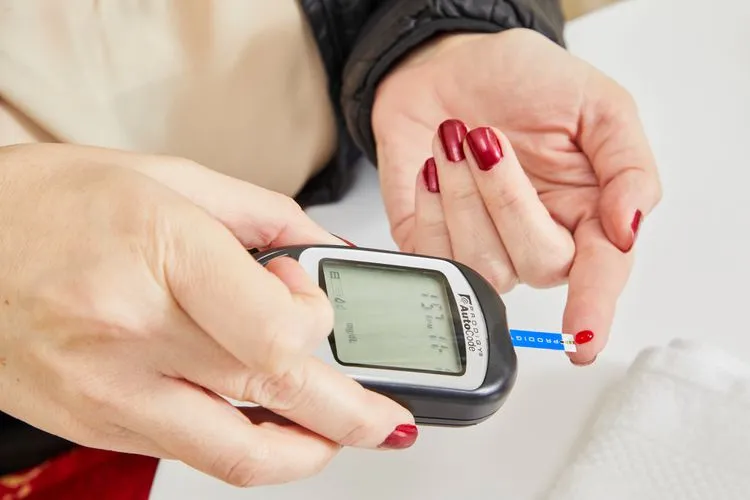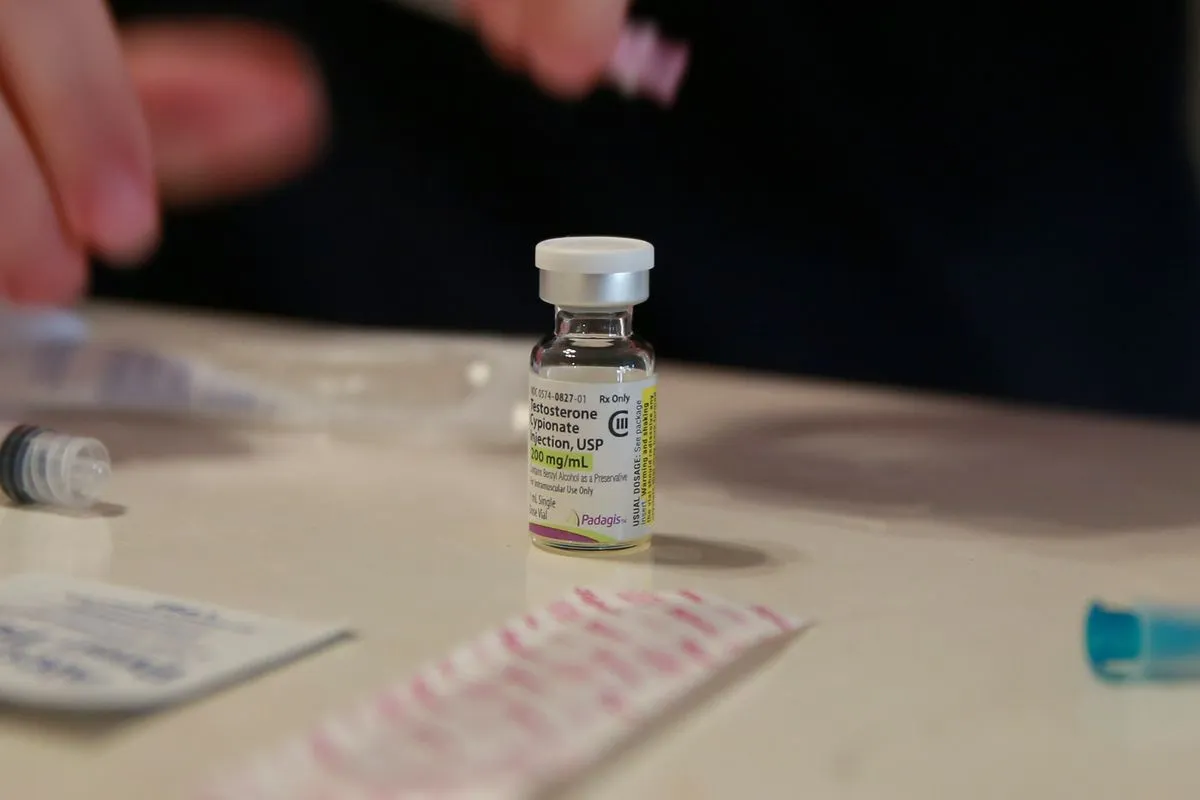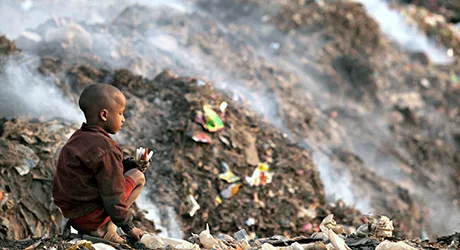In Tobacco and alcohol were once the only two forms of intoxication. Nowadays, people prefer less hazardous products like hookah and vapes, with e-cigarette manufacturers and hookah dealers claiming their smoke is less harmful.
Teens increasingly use vaping and Hookah, surpassing conventional cigarettes, despite limitations on advertising and sales.
Vaping and Hookah have been associated with various health risks, particularly among young people. Both vaping and hookah involve inhaling and exhaling aerosol or smoke containing nicotine and other harmful substances. Here are some potential effects on youngsters:
• Nicotine addiction: vaping and hookah products can lead to dependency, making it challenging for young users to quit.
• Respiratory issues: Vaping and hookah smoke can cause lungs irritation, causing respiratory problems, especially for young people.
• Increased heart rate and blood pressure: Nicotine increases heart rate and blood pressure, potentially posing risks for young people with pre-existing heart conditions.
• Long-term health risks: Vaping and hookah use expose users to harmful chemicals, causing health issues like heart disease and lung damage.
• Impaired brain development: Adolescent brain development impacts cognitive function, attention, learning.
• Social and behavioural impact: Vaping and hookah use may impact social behaviour, academic performance, and personal relationships.
Vaping and Hookah have been associated with several adverse effects on the lungs, particularly in young people.
Vaping:
• Respiratory Irritation: Vaping can cause irritation of the respiratory system, leading to symptoms such as coughing, wheezing, and shortness of breath.
• EVALI (E-cigarette or Vaping Product Use-Associated Lung Injury): There have been instances of severe lung injuries associated with vaping, resulting in hospitalizations and even deaths. These cases are often linked to the use of contaminated or black market vaping products containing harmful substances like vitamin E acetate and other toxic compounds.
• Decreased Lung Function: Some studies suggest that vaping may reduce lung function in young individuals, which can lead to breathing difficulties and long-term respiratory problems.
• Nicotine Addiction: Many vaping products contain nicotine, which is highly addictive and can have harmful effects on brain development in adolescents.
• Gateway to Smoking: There is supporting evidence indicating that adolescents who initiate vaping are at a heightened probability of progressing to conventional cigarette usage, which could worsen the adverse impact on their respiratory health.
Hookah:
• Toxic Smoke Inhalation: Hookah smoke contains harmful substances, including tar, heavy metals, and carbon monoxide. Inhaling this smoke can lead to respiratory issues and lung damage.
• Second hand Smoke: Being in the vicinity of a hookah smoker exposes non-smokers to second hand smoke, increasing their risk of developing respiratory problems and other health issues.
• Infections: Sharing a hookah mouthpiece can increase the risk of transmitting infectious diseases like tuberculosis, herpes, and others.
Vaping and hookah use can negatively impact young people’s respiratory health, potentially leading to COPD and respiratory infections. Discourage these products and educate on potential risks. Seek medical advice if experiencing respiratory issues.
The author is a HOD & Senior Consultant, Pulmonology, Sanar International Hospitals.























